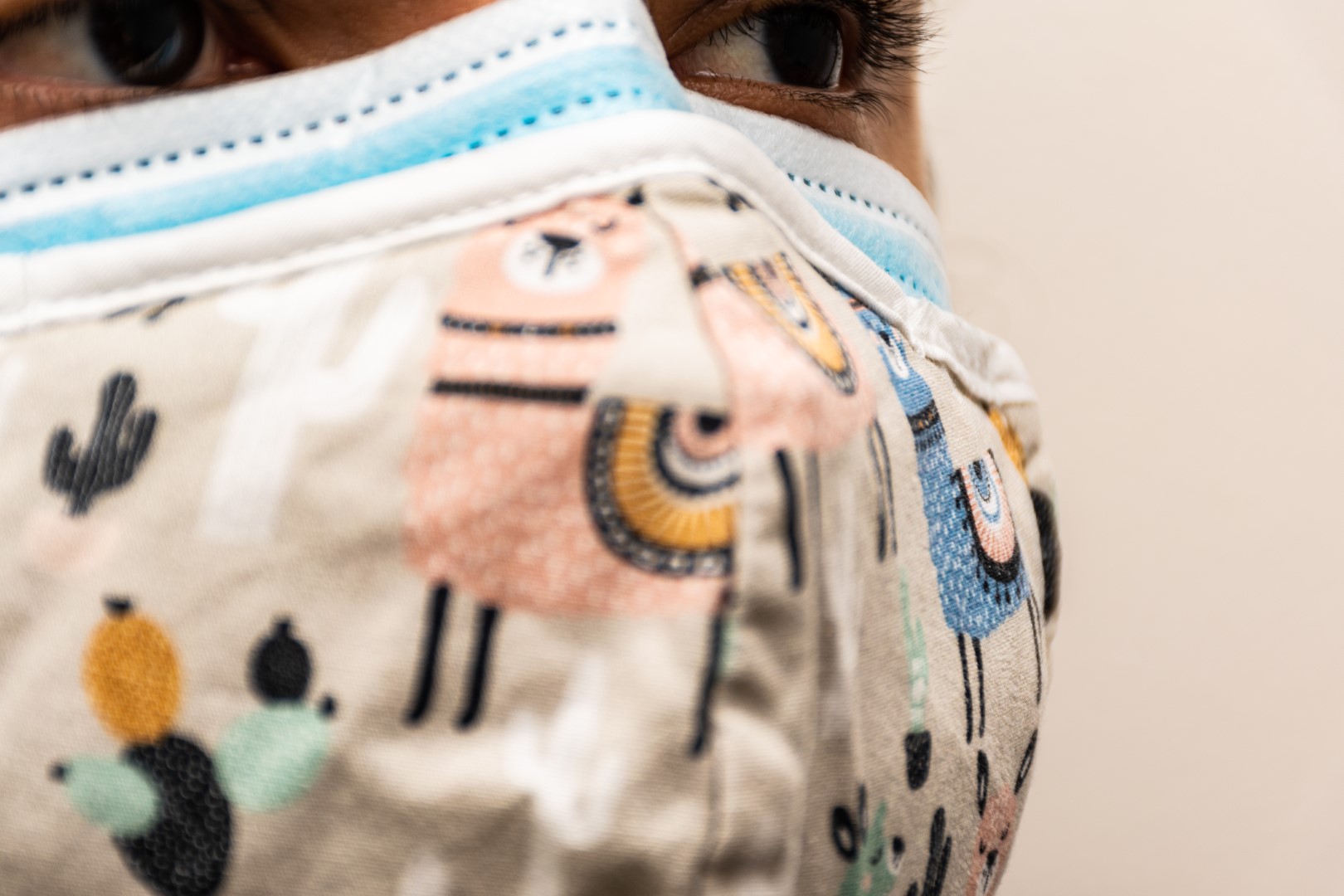
Headaches, mask mouth, and acne among the known side effects of prolonged mask wearing
By Jessica Berget, Assistant Editor
Mask wearing may give some people a false sense of security which could make them less cautious in other areas of infection control measures like hand-washing or physical distancing.
The CDC is now recommending people to wear two or even three masks when in crowded public places.
According to a study done in January by the Centre of Disease Control, the combination of a surgical mask as well as a cloth mask overtop (double masking) could reduce the wearer’s exposure to aerosols by about 90 percent. It goes on to say that the results of the study show the effectiveness of each mask wearing style. One surgical mask alone blocked 56 percent of particles from a simulated cough, a cloth mask alone blocked 51 percent, cloth mask or surgical masks blocked 85 percent of particles, and a surgical mask tucked and knotted so there were no gaps or holes blocked 77 percent. The study notes that some of the limitations of the experiment such as not testing different brands of surgical or cloth masks, and that they did not test any other combinations of mask wearing.
While wearing one, two, or even three masks may make people feel safer, there are some reported negative side effects that come with prolonged mask wearing. For instance, according to the 2020 BMJ study “Face Masks for the Public During the COVID-19 Crisis,” these side effects can range from physical to psychological. The first side effect they mention is that mask wearing may give some people a false sense of security which could make them less cautious in other areas of infection control measures like hand-washing or physical distancing. They also mention that wearing a mask can make breathing more difficult for some people or make them experience breathlessness—especially people with a condition called Chronic Obstructive Pulmonary Disease (COPD). Furthermore, a small portion of carbon dioxide that was exhaled gets inhaled again in each respiratory cycle and the two of these issues combined can increase both the breathing frequency and deepness which may worsen the burden of the virus if the infected person wearing masks spreads contaminated air.
Another 2020 study, “Adverse Effects of Prolonged Mask Use Among Healthcare Professionals during COVID-19,” talks about the physical attributes that comes with wearing a mask for too long in people working in the healthcare sector during the pandemic. In the study of 343 healthcare workers, skin breakdown was reported in 175 respondents, acne was noted in 182 participants, impaired cognition was reported in 81 people. Among the other symptoms of prolonged mask wearing is headaches, rashes, difficulty breathing, communication and vision issues, and impaired cognition. The study also mentions that the wearing of masks for too long decreased work efficiency compared to when masks were not worn.
Dentists also report on another side effect of prolonged mask wearing with something called “mask mouth.” The new oral hygiene issue is caused by increased dryness in the mouth and buildup of bad bacteria which is caused by wearing masks for too long and can cause decayed teeth, sour breath, and receding gum lines.

